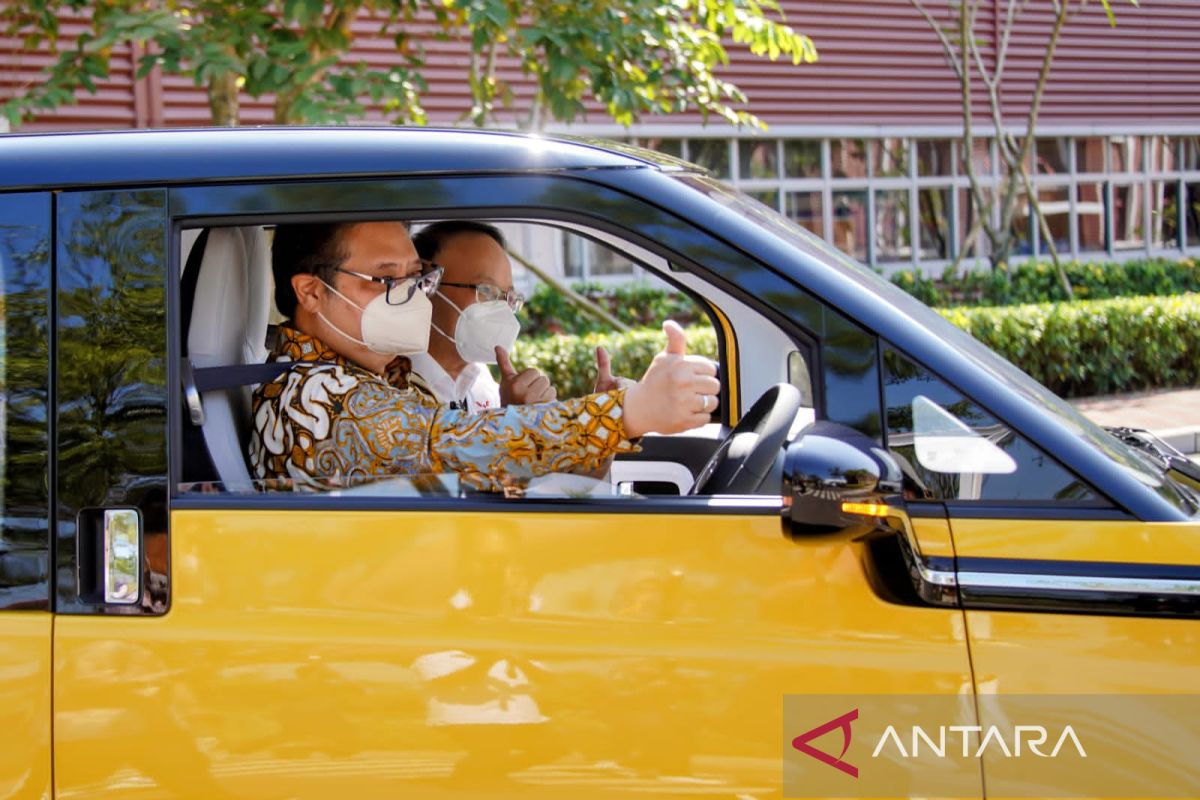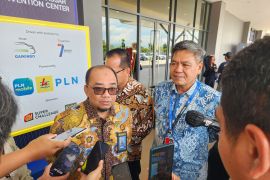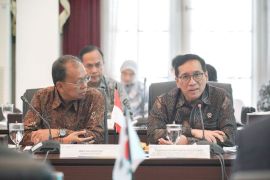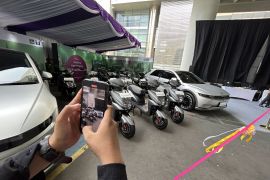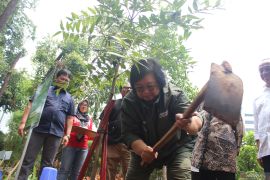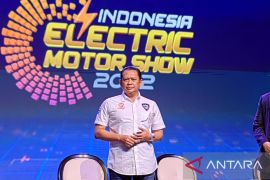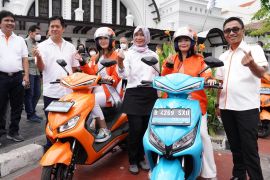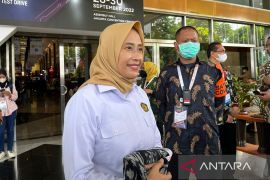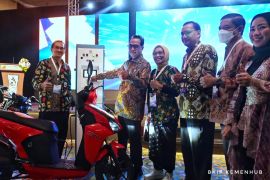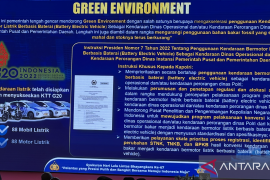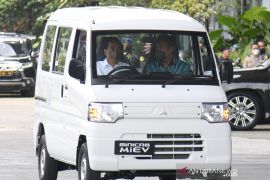We still have time until 2030 to produce electric vehicles, regardless of their form, whether hybrid, full battery, and so on. We have to be ready. Otherwise, we will disrupt our own manufacturersTangerang, West Java (ANTARA) - The phasing out of conventional internal combustion engine (ICE) vehicles as part of a global shift to electric vehicles (EV) needs to be balanced with the readiness of the manufacturing industry in each country, including Indonesia.
Director general of metal, machinery, transportation equipment, and electronics (ILMATE) at the Ministry of Industry, Taufiek Bawazier, made the remarks at a seminar held as part of an automotive exhibition, the 2022 GIIAS, in BSD city, here, on Monday.
"In addition, the public's behavior must also be prepared. Our industry must be ready from upstream to downstream. We must balance our own national needs," he said.
Related news: Charging infrastructure can affect buyer interest in EVs: observer
Furthermore, some 27 member nations of the European Union are preparing plans to phase out ICE vehicles in the period from 2035 to 2040. In addition, other countries are also preparing road maps and regulations to realize the same vision, Bawazier added.
"This means that Indonesia, which has been exporting ICE cars to many countries, will face difficulties in distributing the vehicles. We must anticipate this to maintain our exports in the automotive sector," he said.
He also emphasized the importance of producing more environmentally friendly vehicles since the market's road map has changed.
"We still have time until 2030 to produce electric vehicles, regardless of their form, whether hybrid, full battery, and so on. We have to be ready. Otherwise, we will disrupt our own manufacturers," he cautioned.
Bawazier said he believes that all related parties—from the government, industry, and the community—have their own carbon responsibilities. People must also be educated regarding the benefits and savings they will make if they shift to electric vehicles.
Related news: EV industry chain in Kaohsiung achieves greater global presence
Meanwhile, on the government side, there are several regulations that have been issued to support the transition to electric vehicles, starting from Presidential Decree Number 55 of 2019, Government Regulation Number 74 of 2019, Law Number 1 of 2022, Industry Ministry Regulation (Permenperin) Number 36 of 2021, Permenperin Number 6 of 2022, Permenperin Number 28 of 2020, and Permenperin Number 7 of 2022.
These regulations regulate the use of electric vehicles and cover several aspects ranging from general policies, and incentives, to the development of the battery-based electric vehicle (KLBB) industry, including the technology and local components (TKDN) of vehicles.
"I believe the strongest research and development is in the automotive sector. I hope we can achieve renewable energy for all. This is an important part to prepare the world's needs and face global warming," he added.
Related news: Indonesia encourages using domestically-made electric vehicles
Related news: Human resources, manufacturing industry to support transition to EVs
Translator: Arnidhya Nur Z, Resinta S
Editor: Fardah Assegaf
Copyright © ANTARA 2022
